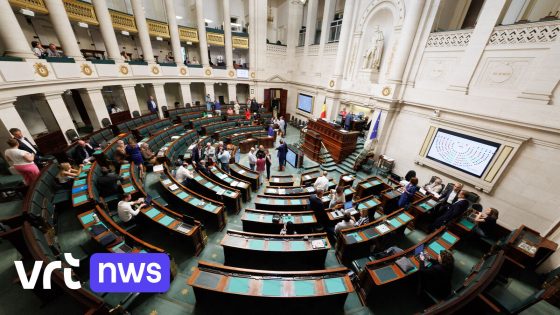In a recent development regarding the Epstein case, the White House announced that former President Trump will not recommend appointing a special prosecutor. This decision has sparked significant debate, with the White House labeling calls from Democrats for transparency as “asinine.” As the situation unfolds, many are questioning the implications of this stance.
- Trump won't recommend a special prosecutor.
- White House criticizes Democrats for transparency demands.
- Press coverage of Epstein files is defended.
- Epstein case involves conspiracy theories and scandals.
- Leavitt confirms Trump's stance on special prosecutor.
On July 17, 2025, the White House defended its handling of Epstein-related files, criticizing media coverage as sensationalist. This comes amidst ongoing scrutiny of Epstein’s connections and the broader implications for justice and accountability. How will this decision impact public trust in the administration?
This announcement raises critical questions about the future of the Epstein investigation. Why is transparency being dismissed, and what does this mean for victims seeking justice? Observers note several key points:
- Trump’s decision reflects a broader reluctance to engage with controversial cases.
- The White House’s criticism of the press may further polarize public opinion.
- Calls for accountability in high-profile cases remain a contentious issue.
As the Epstein case continues to unfold, it’s crucial for citizens to remain informed and engaged. Will this decision hinder justice, or will it prompt a renewed call for accountability?































